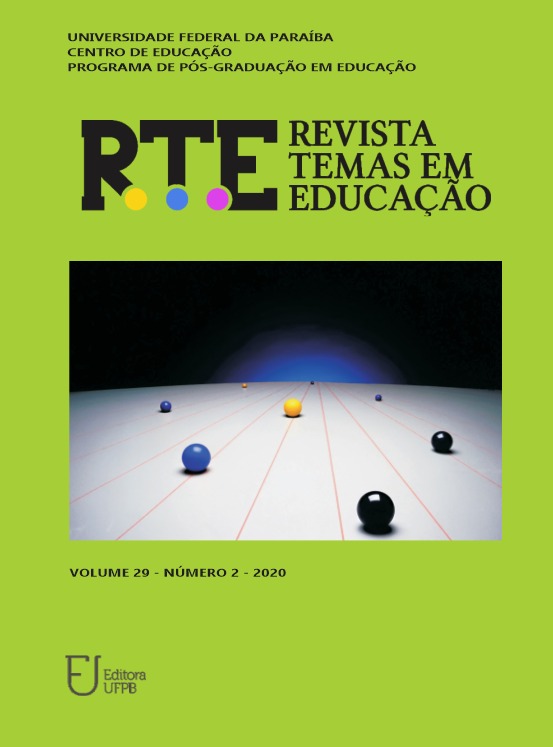INTERVIEW WITH LUIZ EDUARDO SOARES: HUMAN RIGHTS - ASSUMPTION OF PUBLIC SECURITY
INTERVIEW WITH LUIZ EDUARDO SOARES: HUMAN RIGHTS - ASSUMPTION OF PUBLIC SECURITY
DOI:
https://doi.org/10.22478/ufpb.2359-7003.2020v29n2.53985Keywords:
Prison educationAbstract
It all started with a surprise, with great joy: Luiz Eduardo's response to our little email message, in which we were risking the request that he grant us an interview to open this Dossier. We thought it would be the ideal name, but the expectation was small. A few days later, we received your message of acceptance, in which came your simplicity and availability to receive us. Then, the details were worked out: imagine and discuss, with him, the place, the medium and the possible theme / topics for the conversation; organize the equipment; tickets to Rio de Janeiro; provide the image and sound section cards and follow. Ahead, there we were, at his residence in Rio de Janeiro, where he welcomed us between late morning and part of the afternoon of January 10, 2020.
Downloads
References
DE CASTRO TEIXEIRA, I. A.; DENIS IRELAND, T.; SOUSA ANDRADE DIAS, M. ENTREVISTA COM LUIZ EDUARDO SOARES: Os direitos humanos ‒ pressuposto da segurança pública. Revista Temas em Educação, v. 29, n. 2, 30 jul. 2020.
Downloads
Published
How to Cite
Issue
Section
License
Authors who publish in this journal agree to the following terms:
. Authors retain the copyright and grant the journal the right to first publication, with the work simultaneously licensed under the Licença Creative Commons Attribution that allows the sharing of the work with acknowledgment of authorship and initial publication in this magazine. . Authors are authorized to assume additional contracts separately, for non-exclusive distribution of the version of the work published in this journal (eg, publishing in institutional repository or as a book chapter), with acknowledgment of authorship and initial publication in this journal.
. Authors are permitted and encouraged to publish and distribute their work online (eg in institutional repositories or on their personal page) at any point before or during the editorial process, as this can generate productive changes, as well as increase impact and citation of the published work (See O Efeito do Acesso Livre).



















